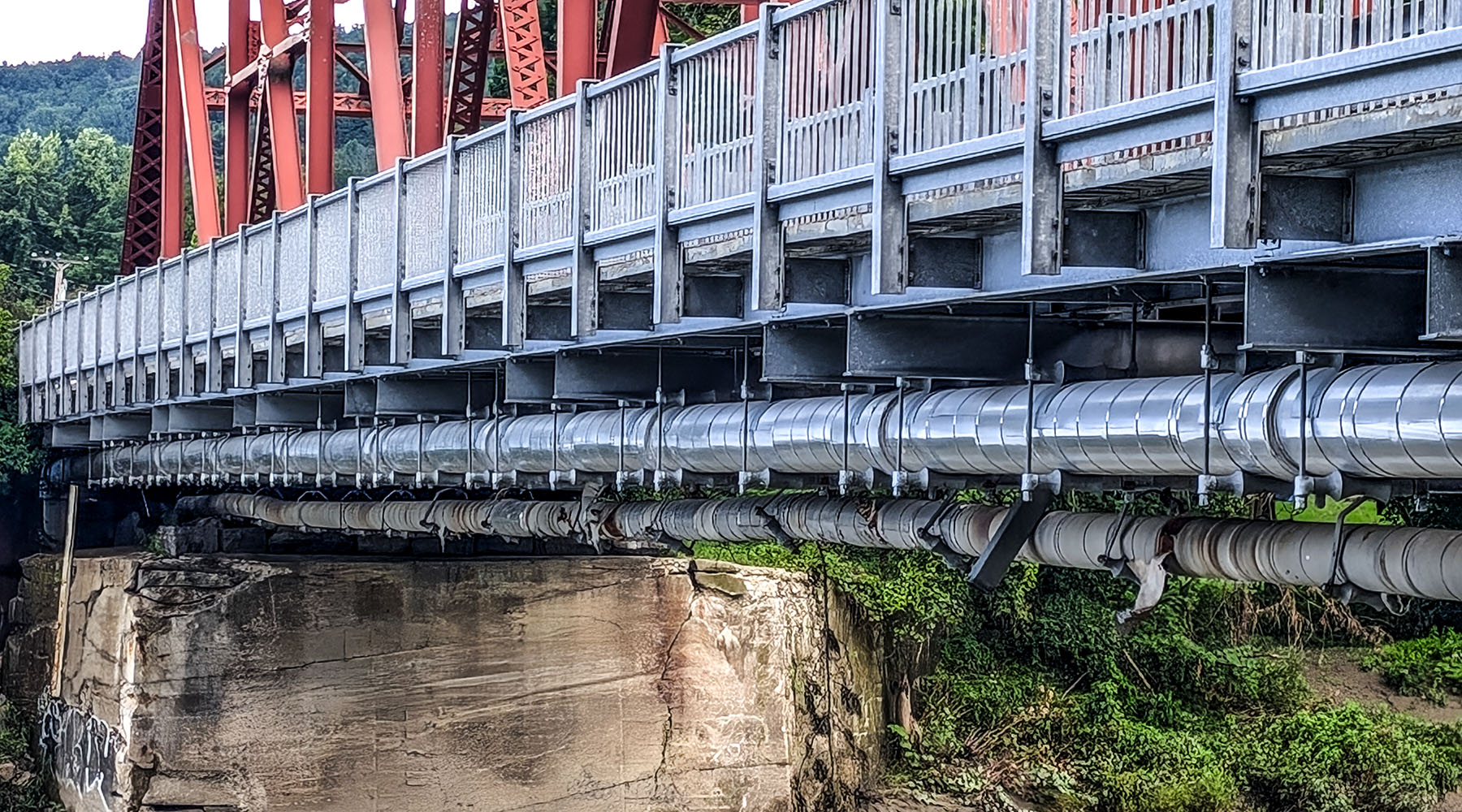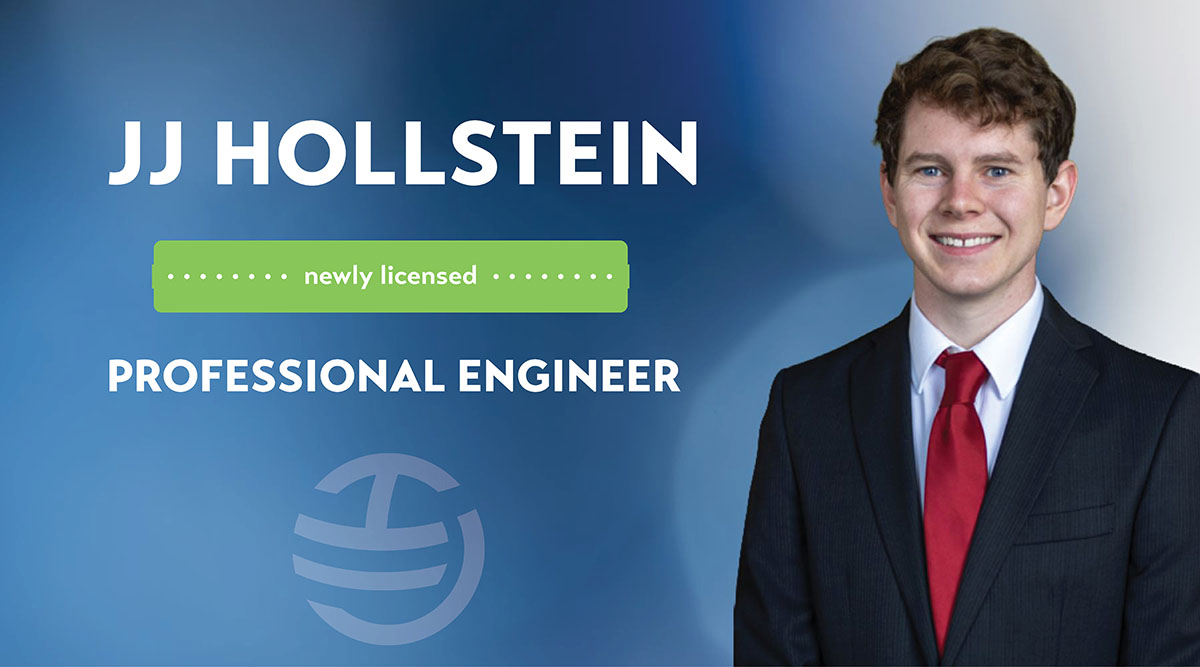In the midst of political change, tariffs, budget cuts, and the seemingly endless threat of global conflict, we are faced with yet another pressing concern: the impending effects of climate change. We worry about storm surge and rising sea levels threatening our coastlines. We worry about damaging hurricanes and blizzards that shut down our communities for days or worse. We worry about droughts and polar vortexes that bring extreme temperature changes taxing our fuel supplies. But what about infrastructure? What about drainage systems and bridges and power supplies? How do we make these systems stronger and more robust to withstand our increasingly changing environment?
Enter MVP
Over the last three years, the Massachusetts Executive Office of Energy and Environmental Affairs (EOEEA or EEA) has been implementing the Municipal Vulnerability Preparedness program (MVP) to award grant money to communities who are looking to address climate resiliency issues. According to the program website, “The [MVP] grant program provides support for cities and towns in Massachusetts to begin the process of planning for climate change resiliency and implementing priority projects. The state awards communities with funding to complete vulnerability assessments and develop action-oriented resiliency plans. Communities who complete the MVP program become certified as an MVP community and are eligible for MVP Action grant funding along with other opportunities.
One requirement of the program is that the municipality must select and contract with a state-certified MVP provider. The state only certifies individuals, and not companies or entities. Hoyle, Tanner now has two state-certified staff members who are prepared to help communities with this funding program: David M. Langlais, PE and Audrey G. Beaulac, PE, CPSWQ.
Getting Started
In the first phase, a community applies for a Planning Grant and selects a state-certified MVP Provider (that’s us). The purpose of the grant is to pay entirely for the MVP provider’s time, lifting the burden of the community. Once approved, we guide 20 to 60 key community personnel and stakeholders through an 8-hour Community Resilience Building workshop (or two 4-hour workshops) that helps them identify climate-related issues and vulnerabilities within the community. A Final Report is generated which details the workshop and outlines the highest priority actions identified during the workshop.
The report is submitted to EEA and upon approval the community qualifies as a Climate Change Municipal Vulnerability Preparedness (MVP) program municipality. Municipalities that don’t have a current hazard mitigation plan (HMP), or with a plan expiring in 2019 or 2020 are eligible for additional funding to complete or update a full draft of the HMP for MEMA review.
Designated
With the MVP program municipality designation, the community is then able to apply for an Action Grant to address some of the highest priority projects identified under the Planning Grant. The municipality must match 25% of the project cost, and apply for the funding. The program does favor certain types of projects over others, but all are welcome to apply. In addition, designation as an MVP Community makes municipalities eligible for other types of state funds.
How We Help
Here’s where we come in. Our state-certified staff assist municipalities by helping them prepare for the Community Resilience Building workshop, facilitating the workshop itself, preparing the final report, helping the community plan for next steps, and assisting with quarterly reports during the award period. As we walk through this process with them, we become intimately aware of their most pressing concerns. While there is no obligation for municipalities to continue on with us during the Action Grant process, having knowledge of how the most pressing concerns were arrived at helps us to offer a seamless transition to designing solutions through the Action Grant program.
Why MVP?
The question on most people’s minds is “why would municipalities apply for this grant money when they have seemingly more pressing capital improvements to face such as failing infrastructure or meeting the new MS4 requirements?” The answer is simple: Capital Improvement Plan (CIP) projects may be identified as vulnerabilities through this process, making them eligible for grant funding.
For example, say that through the process a city identified that during recent, more frequent heavy rain events, a culvert/bridge that used to be fine is now having flooding issues, but it’s not a red listed bridge. The city can now apply to have the bridge upsized through the MVP Action Grant.
As another example, imagine there’s a section of town that now floods and through the Planning Grant process it’s determined that it’s due to undersized drainage, and coincidentally through MS4 requirements the town has determined that they can’t salt that section anymore in the winter due to impacts on the water body at the outflow and they can’t afford to put in a detention system to mitigate it. Again, the town can apply for a drainage redesign with detention systems through the grant, and they are now also addressing an MS4 concern.
Whether it’s as simple as prioritizing an action plan for critical emergency services located within a floodplain, or as complex as resizing culverts and developing stormwater BMP infrastructure, Action Grants are available for use. A complete list of eligible projects can be found here:https://www.mass.gov/service-details/mvp-action-grant-eligibility-criteria
The next round of Planning Grants will be available on Commbuys at the end of September, for expected award by the end of the year, so don’t miss out. Email Dave Langlais or Audrey Beaulac with any questions and they will be happy to assist you.










